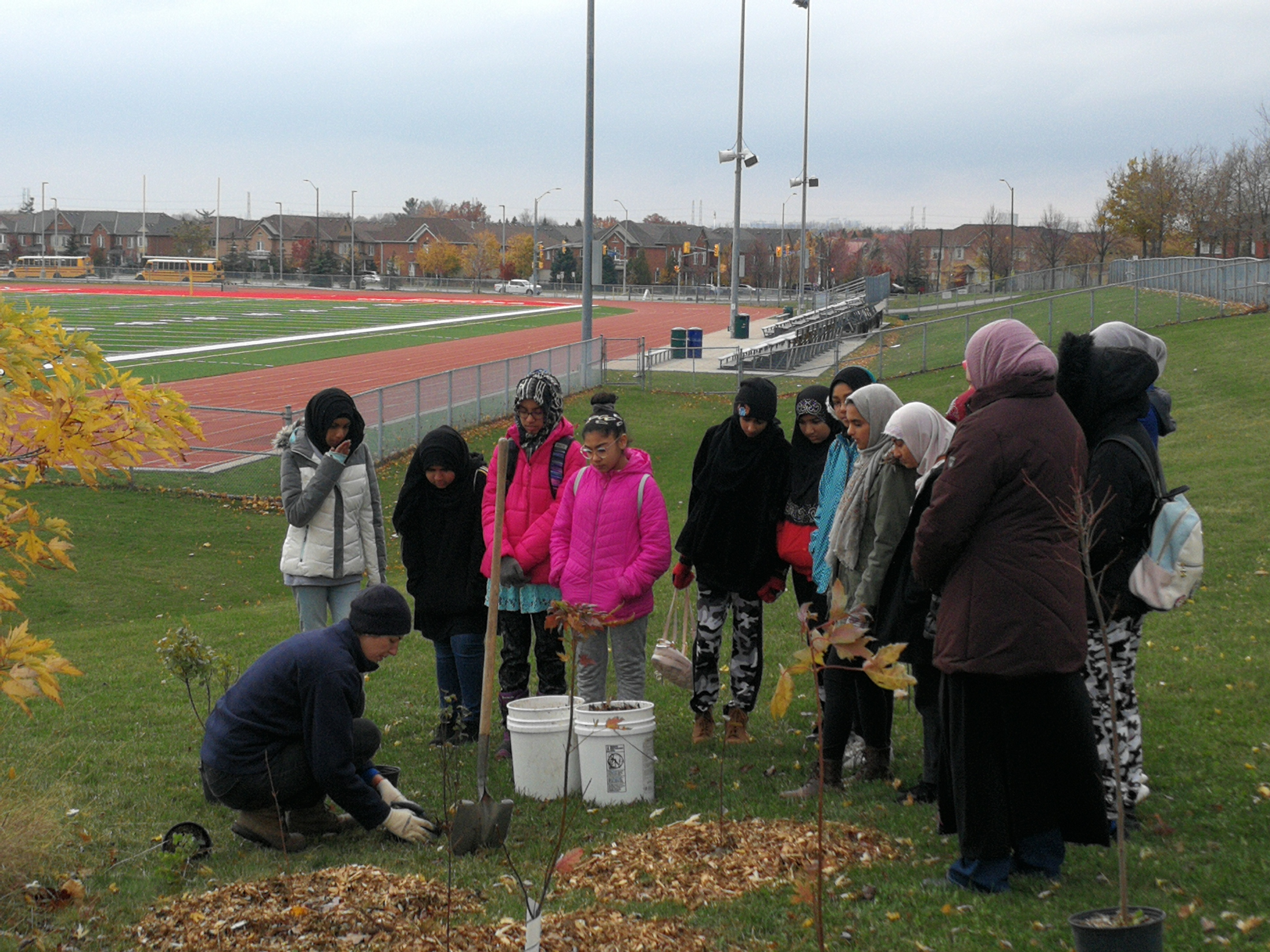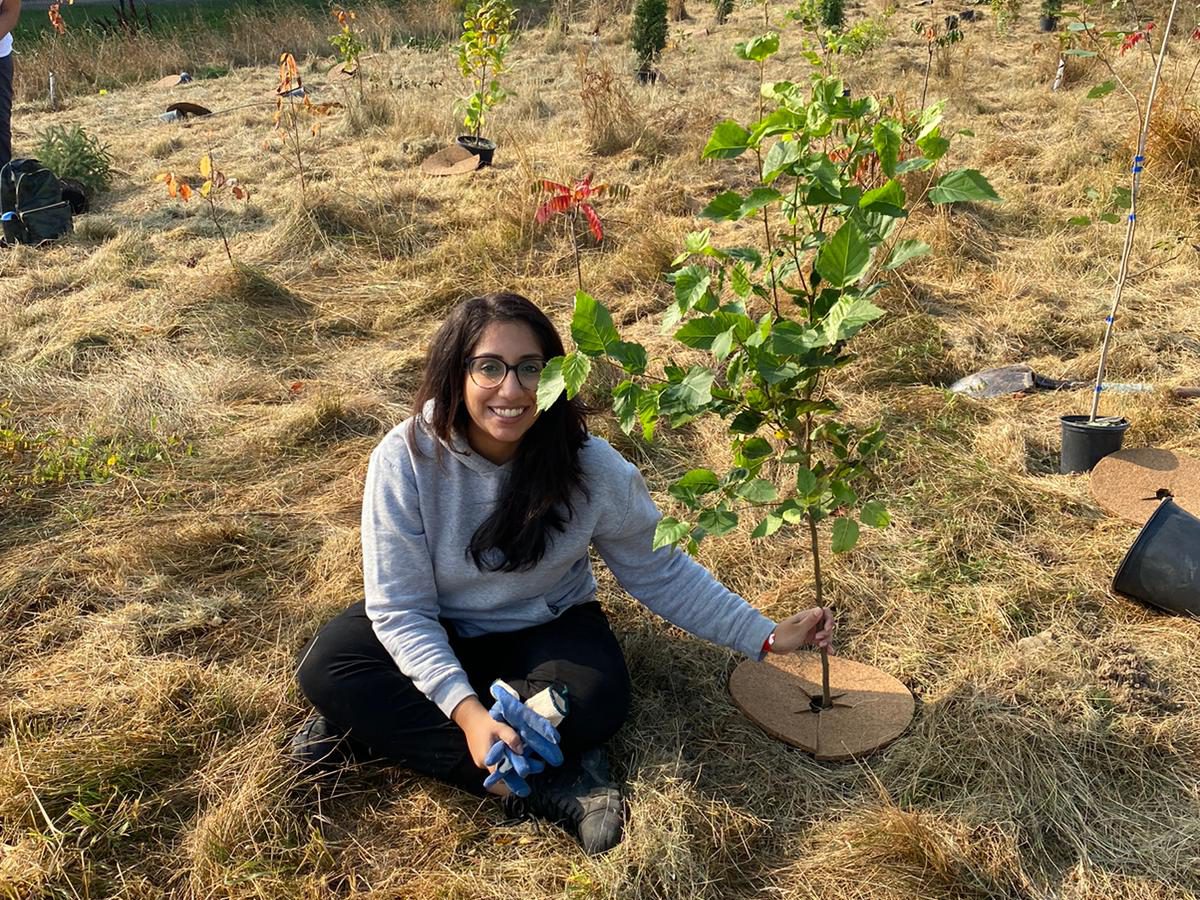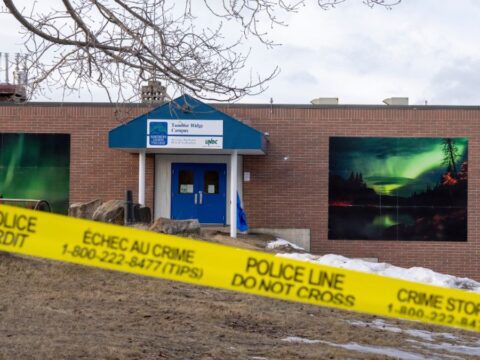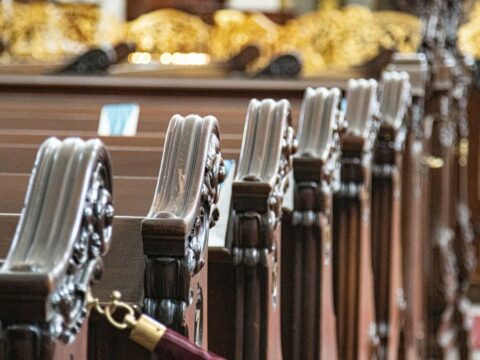A new Toronto initiative aims to make mosques more sustainable, an already popular concept among the Canadian Muslim community. According to EnviroMuslims, 98.4 per cent of Muslims who responded to a survey agreed that mosques should inspire their disciples to care for the environment.
EnviroMuslims and Faith & the Common Good have teamed up for a project called Greening Canadian Mosques. The goal, according to their website, is to “embed sustainability” in mosques and increase resource efficiency.
You may unsubscribe from any of our newsletters at any time.
They plan to do this by allocating tools to mosques to increase opportunities for water and energy conservation, building relationships with local communities to foster a sense of care for the environment and bringing awareness of environmental problems to Muslim communities.
More on Broadview:
- How therapeutic clowning injects humour for a different kind of healing
- ‘Naked Pastor’ pokes fun at the sacred with his cartoons
- Society still has a problem with women saying ‘no’
Areej Riaz, the director of climate programs at EnviroMuslims, an organization whose mission is to inspire climate action within the Canadian Muslim community, says that religious institutions and leaders have a responsibility to inspire change. She says that all of us are stewards of the environment, and we need to respect and care for it.

“We are in the midst of a climate crisis. A crisis that needs to be addressed and tackled now, with all hands on deck! People look up to their religious institutes especially places of worship and community leaders like imams, priests and rabbis, etc. The leaders are respected and revered, and they usually lead the path for their faith communities to follow,” she said in an email interview.
This initiative is part of the “Sacred People, Sacred Earth” day of action organized by religious groups fighting for the environment. According to a press release from Faith & the Common Good, on March 11, across 38 countries, those participating will demand steps be taken by governments and financial institutions, in an effort to inspire climate action.
Faith & the Common Good’s Executive Director Rev. Michelle Singh shared her thoughts on religion’s role in climate activism.
“Our holy texts call for us to care for the Earth. Now we have an opportunity to align our belief systems with our actions and we can root our actions in compassion, love and justice,” Singh said via email. “Religious institutions and people of faith and spirit can be powerful catalysts for change in our systems. We can call for our governments and financial institutions to end their support for new fossil fuel infrastructure and tropical deforestation, to commit to universal access to clean and affordable energy, to enact policies creating green jobs and a just transition for impacted workers and communities, to secure policies and funding supporting those forced to migrate due to climate impacts.”
In addition to the Greening Canadian Mosques initiative in Toronto, other “Sacred People, Sacred Earth” events are happening across Canada, including a prayer circle in Vancouver, a virtual choir in Regina and a 108 Gongs ceremony in Halifax. 108 Gongs is a Buddhist ritual, during which a bell or gong is rung 108 times. This, according to Osaka Metro NiNE, is because “108 is said to be the number of earthly desires—evil passions that mislead, trouble, and torment people. With each strike of the gong, you’re cleansed of these sins.”
COVID-19 precautions are being taken at all events.
Riaz stressed the importance of sustainability. She said Canadians recognize this importance, even if they don’t consider it a priority in their own lives.
“They have a really important role to play not only in adopting eco-conscious and sustainability practices at their homes, where they work, play or pray, but also in keeping their community leaders including religious institutes accountable for their responsibilities as sustainability champions,” she said.
***
Brooklyn Patterson is an intern at Broadview.















I think one of the stories Broadview is ignoring after a year of listening to Greta Thunberg’s shrill crisis language is the growing body of work that challenges on a scientific basis the veracity of the crisis criers. Take the book by the Canadian author and scientist Patrick Moore called “Fake Invisible catastrophes and Threats of Doom”. He is a environmental scientist and a co-founder of Green Peace. He argues that there is no climate crisis. He has more credentials than Greta Thunberg. Broadview should interview him.